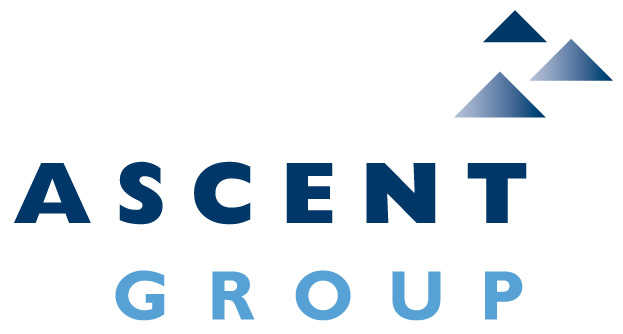Engaged employees are key to improving the customer experience
Engaged employees are employees that feel as though they are truly valued at work; that their efforts directly contribute towards the mission and success of the company. Engaged employees are more productive and less likely to look outside of the company for employment.
The best approach for a call center depends upon its unique composition. A lot depends upon the demographics of the group—generational, cultural, and individual differences. Call centers with college-age employees have different priorities from ones made up primarily of mothers with school-age children. In more competitive environments, paying bonuses for perfect attendance may be more successful than increasing the base salary. You have to evaluate your own unique environment to find out what will work best.
We’ve seen a growth in more interactive, hands-on training opportunities for new hires—role-playing, simulation, and peer mentoring. Hands-on experiences help internalize learning, incorporate more “learning by doing” opportunities into your new-hire program. Hands-on learning can also be used to drive assessment so that trainers can measure both factual knowledge and comprehension. Additionally, training comprehension is increased through individualized training—training tailored to each students individual learning style. Smaller class sizes, modular training, and self-paced activities help students learn at their own pace.
The more a new employee understands about the job, the work environment, performance expectations, and culture, the quicker they will be able to achieve standard. Use job shadowing, peer mentoring, or simulation to relay culture and expectations. Revise training content so the appropriate expectations are conveyed. Survey new students to better understand how to continually refine the process and minimize new-hire surprise.
In this age of changing technologies, industry restructuring, and competitive markets, call center training is one of the call center manager’s most vital resources. As customer service, more specifically the call center, becomes a strategic weapon in the competitive marketplace, management must be sure that their front-line is prepared to deliver the most effective and responsive level of service possible.
Invest in your front-line—provide them with the tools, authority, and training to get the job done right the first time. Help them view service from the customer perspective so they can determine how best to serve the customer. Often times, low first call resolution performance is a result of under-trained or unsupported agents—they don’t have the skills or information they need to resolve the request or problem.
Recognize the right behaviors and communicate such that the employee’s behavior becomes a model within the work group. Sharing information on expected behaviors and rewards will establish trust. Employees will be able to understand what they need to do to be similarly recognized. Reward these behaviors so other employees are inclined to follow suit. Rewards are a better reinforcement of learning and risk-taking than punishment is for failure.
Recognition is about acknowledgement and appreciation for a contribution, improvement, innovation, or excellence—a message to employees that they are valued. The act of recognizing an employee affirms the values and spirit underlying the achievement. It’s also about reinforcing desired behaviors and increasing their occurrence. Attitude and performance are closely linked; the appropriate recognition at the appropriate moment will create a positive attitude that, in turn, will lead to improved performance.
Do your homework. Talk to employees at all levels, in all job categories, to understand expectations and drivers of performance. Identify meaningful rewards for each employee
